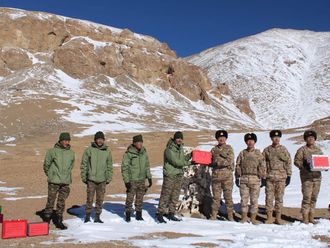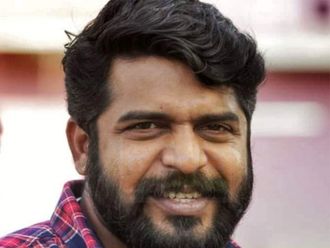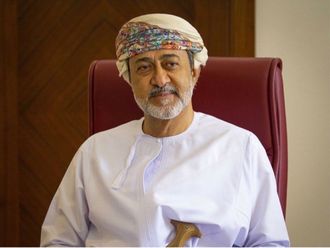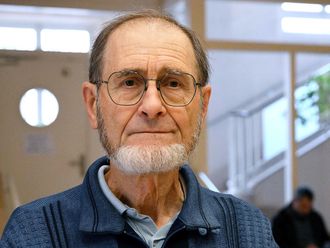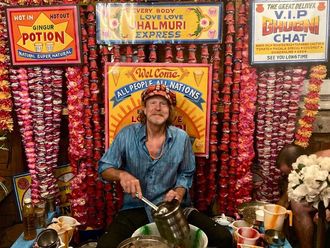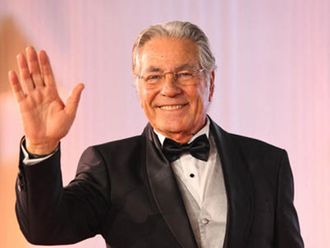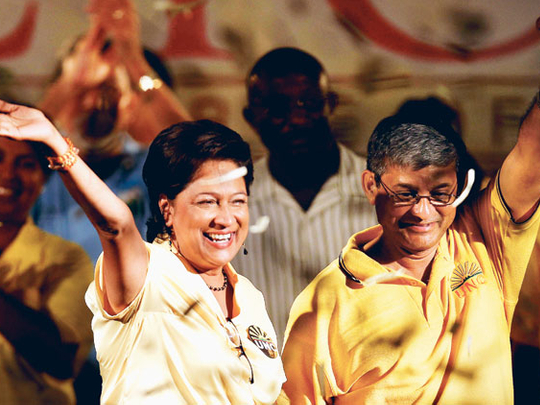
Port-of-Spain: Kamla Persad-Bissessar, whose forefather came here from India as an indentured labourer, has been elected the first woman prime minister of Trinidad and Tobago after the political alliance led by her emerged victorious and ended the ruling party's 43 years in power.
Persad-Bissessar's People's Partnership won 29 out of the 41 parliamentary seats in the elections held on Monday. She was expected to be sworn in as prime minister yesterday evening by President George Maxwell Richards.
"I am grateful for the immense support from women and women's groups across the country and to the extent that this helps to break the barriers so many competent women face," Persad-Bissessar, 58, a grandmother of two and a devout Hindu, said.
"I celebrate this victory on their behalf. But the picture is much larger than any single group and those very women would be the first to acknowledge that."
Outgoing Prime Minister Patrick Manning conceded defeat after being in power since 2002.
Persad-Bissessar, who was born on April 22, 1952, was a topper in law school and did her masters in business administration and diploma in education from the University of the West Indies.
She was the first woman attorney-general and also served as legal affairs minister as well as education minister.
Her forefather was among the 148,000 Indian labourers who were brought here between 1845 and 1917 to work on sugar and cocoa plantations. The Indian diaspora comprises 44 per cent of the population of 1.3 million people.
Persad-Bissessar, who has represented Siparia constituency for 15 years, had held the reins of power during the absence of then prime minister Basdeo Panday.
She has become the first woman to lead any political party in oil-rich Trinidad and Tobago. Her meteoric rise began last January when she successfully challenged Panday for the leadership of the United National Congress which he had founded 20 years ago.
Prime Minister Patrick Manning broke with tradition and dissolved the 41-seat parliament in April and called for general elections some 30 months before it was due constitutionally.
United front
For the first time since independence in August 1962, a coalition of four other parties joined to confront the ruling People's National Movement which has been in power for 43 years.
The five parties are Persad-Bissessar's United National Congress, Congress of the People (COP), the National Joint Action Committee, Tobago Organisation of Peoples, and the Movement for Social Change.
These parties came under the banner of the "People's Partnership", with each party maintaining its own symbol on the ballot paper.
The election was fought on several issues including massive corruption in all sectors of the national economy, the lack of medical facilities, a total breakdown in the infrastructural capacity and the mismanagement of the nation.


